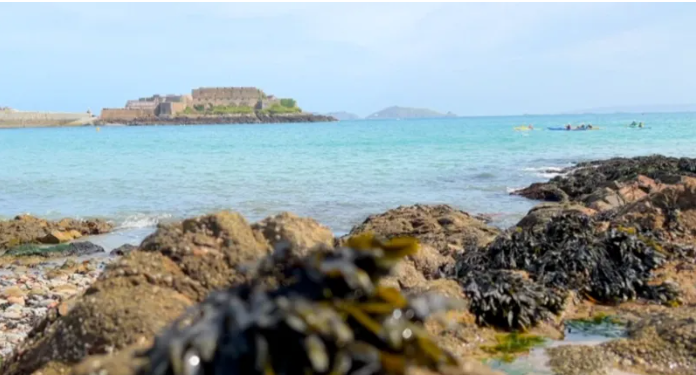
The Nature Commission of Guernsey has announced £40,000 in funding for 18 environmental and research projects under its Strategy for Nature initiative. This financial support, allocated to 14 environmental schemes and four student research projects, aims to address the pressing threats to the island’s natural environment, such as invasive species, pollution, and climate change.
Among the funded projects are efforts to restore dune grasslands, enhance school grounds to promote biodiversity, and replace barn owl nesting boxes. The commission has also extended its support to La Société Guernesiaise’s conservation herd, a vital initiative in ecological management.
Julia Henney, the senior natural environment officer, underscored the significance of these initiatives. “These projects are essential for advancing biodiversity, engaging with the community, and improving our understanding of ecological challenges,” she said.
Since its establishment in 2020, the Strategy for Nature fund has been instrumental in enabling impactful community and charitable projects. This year’s funding round saw a diverse range of applications, reflecting an increasing awareness and commitment to preserving Guernsey’s natural environment.
The Nature Commission emphasized that these projects are critical for addressing ecological threats, including habitat loss, insufficient land management, and gaps in ecological knowledge. The fund also recognizes the importance of community action in safeguarding the island’s biodiversity.
Of the 18 projects funded, four bursaries were awarded to student research efforts. These include studies on plant-pollinator networks and conservation grazing techniques, which aim to provide valuable insights into maintaining ecological balance.
Angela Salmon, head of operations and education at the Nature Commission, noted the rising interest in environmental preservation. “The increase in applications reflects the community’s growing dedication to supporting Guernsey’s natural environment,” she said.
Salmon also expressed satisfaction with the involvement of schools in the initiative. “It was particularly encouraging to see applications from schools aiming to connect children with nature. This is crucial for fostering a sense of responsibility toward environmental conservation in future generations,” she added.
The Strategy for Nature fund was created to bridge gaps in addressing environmental challenges and to empower community-driven solutions. Through this initiative, the Nature Commission seeks to inspire collective action and collaboration in protecting Guernsey’s unique ecosystems.
The projects supported by the fund not only contribute to habitat restoration but also foster education and research, ensuring that future generations inherit a more resilient and vibrant environment. As these initiatives move forward, they represent a hopeful step toward preserving the island’s ecological heritage.







